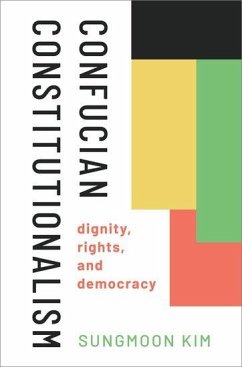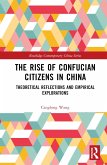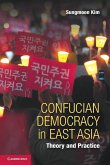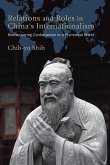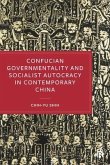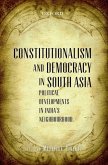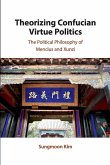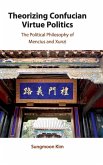In Confucian Constitutionalism, Sungmoon Kim presents a constitutional theory of democratic self-government that is normatively appealing and politically practicable in East Asia's historically Confucian societies, which are increasingly pluralist, multicultural, and rights sensitive. While Confucian political theorists are preoccupied with how to build a Confucianism-inspired institution that would make a given polity more meritorious, Kim offers a robust normative theory of Confucian constitutionalism--what he calls "Confucian democratic constitutionalism"--with special attention to value pluralism and moral disagreement. Aiming to contribute to both political theory and comparative law, Confucian Constitutionalism explains how Confucian democratic constitutionalism differs from and improves upon liberal legal constitutionalism, political constitutionalism, and Confucian meritocratic constitutionalism.
Hinweis: Dieser Artikel kann nur an eine deutsche Lieferadresse ausgeliefert werden.
Hinweis: Dieser Artikel kann nur an eine deutsche Lieferadresse ausgeliefert werden.

